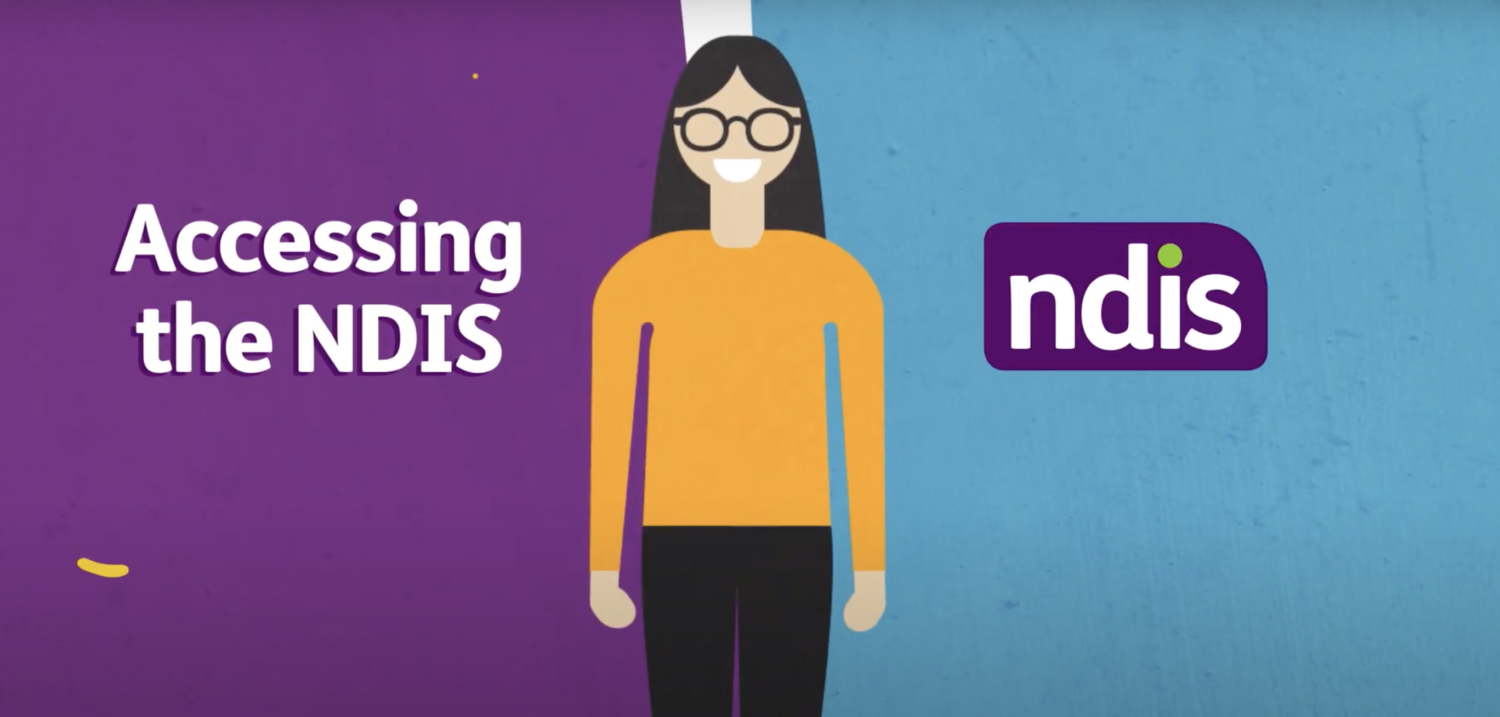Understanding the 4 Essential Requirements for Access to the NDIS
In Australia, the National Disability Insurance Scheme (NDIS) plays a crucial role in supporting individuals with disabilities by providing funding for necessary services and supports. However, gaining access to the NDIS involves meeting specific criteria. In this article, we’ll delve into the four essential requirements for accessing the NDIS, guiding you through the process.
The Eligibility Criteria
To access the NDIS, individuals must meet certain eligibility criteria. The scheme is designed for people under the age of 65 who experience a permanent and significant disability that substantially affects their ability to perform everyday activities. This disability should also require support from the NDIS to lead an ordinary life.

1. Permanent and Significant Disability
The first key requirement is the presence of a permanent and significant disability. This means that the disability is likely to be lifelong and has a substantial impact on the individual’s ability to participate in activities most people take for granted. The NDIS aims to provide support that enhances the person’s ability to engage with their community and live as independently as possible.
2. Age Limit of 65
The NDIS is available for individuals under the age of 65. Once a person reaches the age of 65, they become eligible for the aged care system rather than the NDIS. It’s important for individuals to apply for the NDIS before turning 65 to ensure they can access the appropriate support services.
The Residency Requirement
3. Australian Citizenship or Permanent Residency
Access to the NDIS is contingent on the applicant being an Australian citizen, a permanent resident, or a protected Special Category Visa holder. This requirement ensures that the scheme supports those who have a long-term commitment to living in Australia. For those with temporary visas, it’s crucial to check eligibility criteria and explore alternative support options.
The Early Intervention Requirement
4. Early Intervention for Children
For children under the age of 7, the NDIS focuses on early intervention to support developmental needs. Early intervention aims to address developmental delays or challenges early in a child’s life, with the goal of maximizing their potential and minimizing the impact of their disability as they grow older. This proactive approach helps children build essential skills and capabilities during their formative years.
Application Process and Documentation
Once the eligibility criteria are understood, the next step is to navigate the application process. Applicants need to provide comprehensive documentation to support their case. This documentation may include medical reports, assessments, and other relevant information that substantiates the presence and impact of the disability.
1. Gather Relevant Documentation
Collecting all necessary documentation is a critical aspect of the application process. This may involve obtaining medical records, assessments from healthcare professionals, and any other relevant documents that provide a comprehensive overview of the individual’s disability and support needs.

2. Complete the Access Request Form
The Access Request Form is the formal document that initiates the application process. It requires detailed information about the individual’s disability, the impact on their daily life, and the specific supports they require. Taking the time to provide accurate and thorough information is essential for a successful application.
3. Attend a Planning Meeting
Upon submission of the Access Request Form, applicants will be invited to attend a planning meeting. This meeting is an opportunity to discuss the individual’s goals, support needs, and preferences. It plays a crucial role in developing a personalized NDIS plan that aligns with the individual’s aspirations and requirements.
Conclusion
Accessing the NDIS involves understanding and meeting specific requirements, including eligibility criteria, residency status, and, for children, a focus on early intervention. The application process, with its emphasis on comprehensive documentation and a planning meeting, is designed to tailor the support provided to the unique needs and goals of each individual.
By navigating these requirements thoughtfully and thoroughly, individuals and their families can access the support they need to enhance their quality of life and participate more fully in their communities. The NDIS is a valuable resource that, when accessed with a clear understanding of its requirements, can make a significant positive impact on the lives of those with disabilities.




